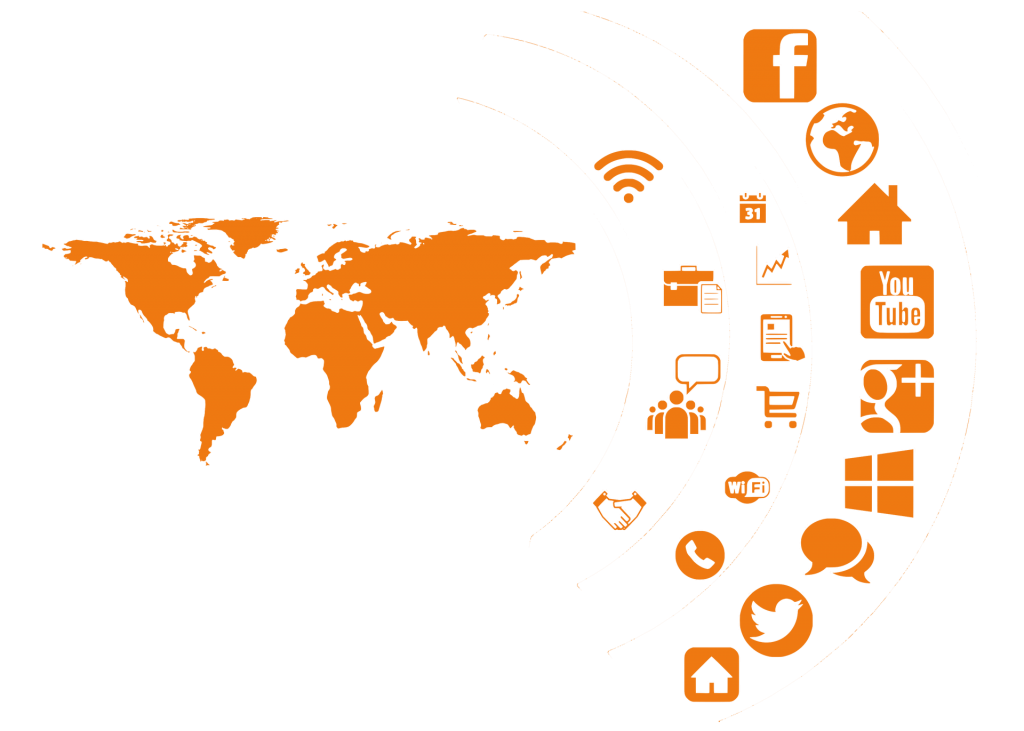About us
LEARN MORE ABOUT LEMON
 The proliferation of mass media and new technologies has brought about decisive changes in human communication processes and behaviour. This fact has been recognised by global and European institutions, from UNESCO to the European Parliament and Commission. These changes in the role that media plays in the life of citizens have highlighted the importance of Media Literacy, which aims to empower citizens by providing them with the competencies (knowledge and skills, and attitude) necessary to engage with traditional media and new technologies, as it is highlighted by the European Parliament.
The proliferation of mass media and new technologies has brought about decisive changes in human communication processes and behaviour. This fact has been recognised by global and European institutions, from UNESCO to the European Parliament and Commission. These changes in the role that media plays in the life of citizens have highlighted the importance of Media Literacy, which aims to empower citizens by providing them with the competencies (knowledge and skills, and attitude) necessary to engage with traditional media and new technologies, as it is highlighted by the European Parliament.
The objective behind our efforts is to provide citizens, journalists, and media activists with valuable competencies to understand their thought processes and raise awareness of learned biases that affect our perception of the world and others. This course is particularly relevant to media content creators when it comes to creating fair representations of people and events. The course also includes tools to deal with editorial challenges like fake news/alternative facts, infomercials vs. information, freedom of speech, and hate speech.
THE IDEA OF LEMON – Learning Ethical Media ONline
is a transeuropean media project about inclusion and diversity awareness training. It is funded by the ERASMUS+ programme of the European Union. The most important learning outcomes we aim at with our training elements are:
AWARENESS OF HOW OUR WORLDVIEW IS SHAPED
Truth isn't THE truth at all. All human beings have personal biased, premises, and worldviews, and these impact how we conduct ourselves in specific situations and how we relate to others. These biases and our perceived social status are the tinted glasses we use when reading information. When it comes to media creation, or our understanding and comprehension of media messages (understanding media as traditional and online platforms, including social media). We are all affected by our family and social backgrounds, our society and context, our language, and political or religious beliefs. We can not change the past, but we can educate ourselves to identify the areas where there is room for improvement, particularly when creating messages that can impact others.
To instill that heightened awareness of self in the learners is one of the main objectives of this training course as it is in media literacy training in general.
SPECIFIC TOOLS DIRECTED AT HELPING MEDIA CONTENT CREATORS ARGUE AGAINST FALSE PREMISES, HATE SPEECH ELEMENTS IN MEDIA PRODUCTS AND WORK MORE INCLUSIVELY TOWARDS ANY MINORITY GROUPS.
The second objective of this project is to build tools for the training course, that specifically help the learners to use this awareness in their journalistic work.Recognising false premises (about an event or a group of people, etc) and disrespectful or even misanthropic language is the first step. We aim to actually develop exercises countering such media output in an appropriate way, with thoughtful arguments. We want to enable learners to counter those articles or features without resorting to just taking the other side and getting caught in the populist trap by using the same conversational techniques and in a way reinforcing exactly the biased and prejudicial way of communicating they were aiming to counter.